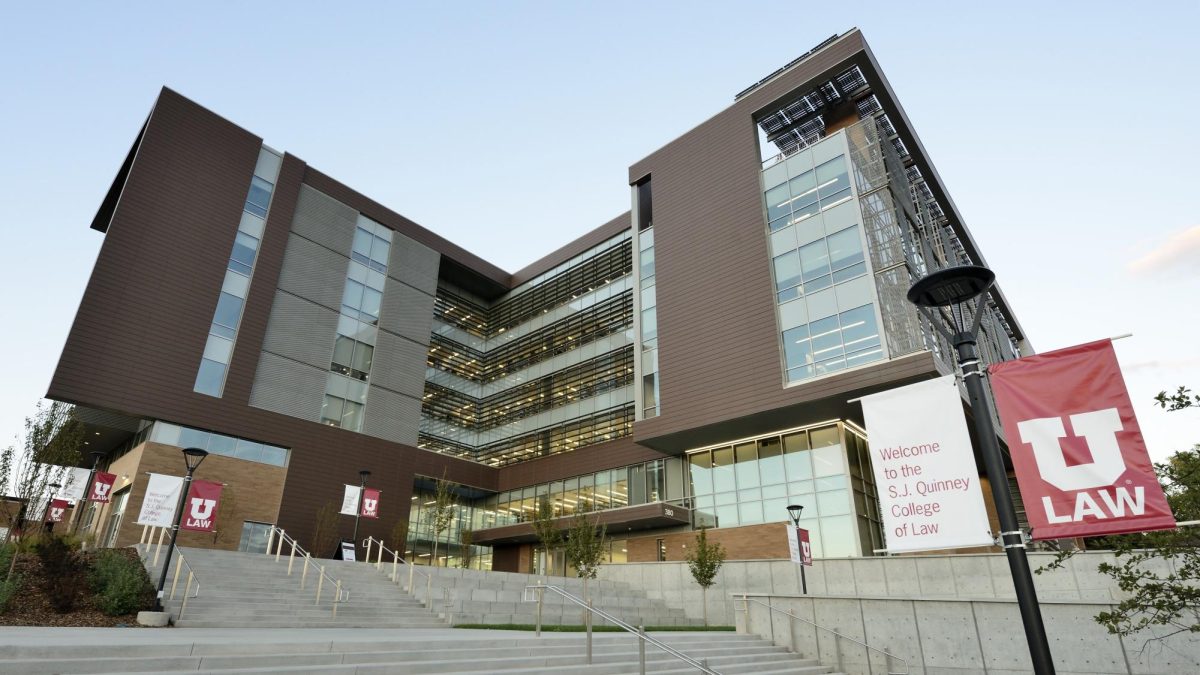As part of the University of Utah’s MLK week celebrations, the S.J. Quinney College of Law held an event to discuss the importance of building relationships with the community around you, and how it applies to law student and lawyer mental health rates and concerns.
The event, titled “Community is Where We Go From Here,” took place on Thursday afternoon.
The event, which was titled after King’s 1967 book “Where Do We Go From Here: Chaos or Community?” featured two speakers who talked about the book through the lens of mindfulness and its ability to build community.
The Diversity, Equity and Inclusion website described the event as “a thought-provoking journey with esteemed scholars as we delve into the pivotal role of community in enhancing individual well-being.”
Martha Knudson, executive director of the Utah State Bar’s Wellness Committee and first speaker at the event, mentioned the importance of happiness and well-being in terms of community.
“Happiness is contagious,” she said. “Well-being is contagious. And so if we want to have thriving societies, if you want to have thriving organizations, thriving schools and communities, then you need to be paying attention to the health and well-being of individuals.”
She also encouraged people to focus on building quality relationships in their lives. Knudson said that in light of MLK week, people must reevaluate how they are treating others, to focus on respect and showing people they belong.
Clifford Rosky, professor of law, spoke at the event about mental health in practicing lawyers and law students, and how it relates to community, by examining two national surveys.
He pointed out that lawyers suffer from high rates of mental health disorders such as depression and anxiety. He cited a study by Patrick Krill, called “The Prevalence of Substance Use and Other Mental Health Concerns Among American Attorneys.”
“28% of lawyers reported depression, 19% anxiety, 23% stress and somewhere between 21 and 36% problematic drinking, depending on how you define that,” he said.
The study also looked at serious and moderate mental illness in lawyers as compared to those with lower education levels and other professions.
“On all measures, lawyers have higher rates of mental illness than doctors,” Rocky said. “In many cases, lawyers have higher rates of mental illness than people with a graduate degree or even members of the general public.”
He said mindfulness is a tool to help lawyers and law students, but added that by itself it cannot change institutions.
“Practicing mindfulness is one way that we can build community with others,” Rocky said.



